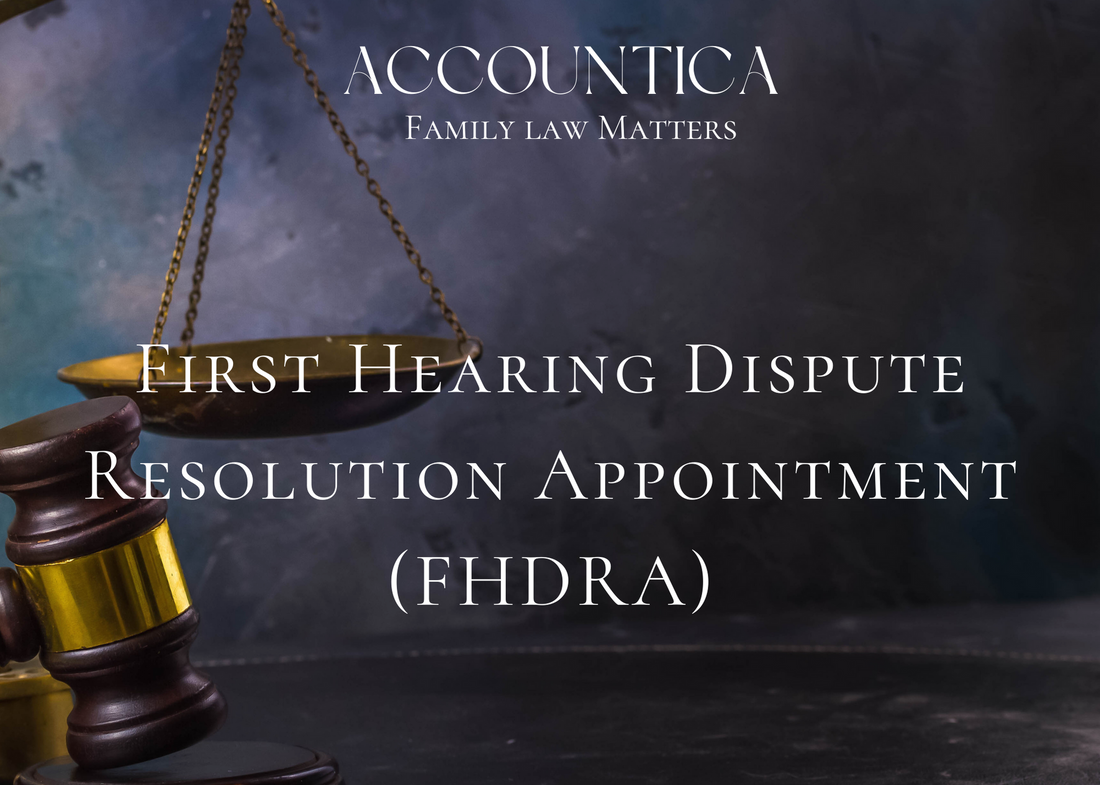We will delve into the series of hearings conducted by the Family Courts in England, primarily focusing on child-related and financial issues that arise after the end of relationships.
When individuals cannot resolve conflicts over asset distribution or parenting, they often turn to the courts for resolution. The hearings in the family court follow a specific sequence:
First Hearing Dispute Resolution Appointment (FHDRA)
Dispute Resolution Appointment
Fact Finding Hearing
Final Hearing
In this session, we'll focus on the First Hearing and Dispute Resolution Appointment (FHDRA). This initial session aims to identify early disputes and determine the possibility of a mutual agreement, with a CAFCASS Officer typically instructed to produce section 7 report (or any other reports).
Submitting a Position Statement, although not mandatory, bu is essential for succinctly presenting your case to the court before the hearing. It outlines your stance and goals, potentially speeding up the resolution if agreed upon by the opposing side.
The goal during the FHDRA is for the judges or magistrates, together with the Cafcass Officer, to facilitate a consensus among the parties.
If an agreement is reached, the court can issue a final order reflecting this, ensuring it is in the best interest of the children. If not, the court investigates the unresolved issues.
In cases with serious allegations regarding contact or residence, the court might suspend contact temporarily during the investigation, advising supervised contact if needed. This does not imply a final judgment; the court may allow interim contact pending a conclusive hearing.
The FHDRA includes case management discussions, such as identifying resolved and unresolved issues, deciding if a fact-finding hearing is necessary, considering interim orders, and planning for future hearings to ensure a thorough and fair process.

